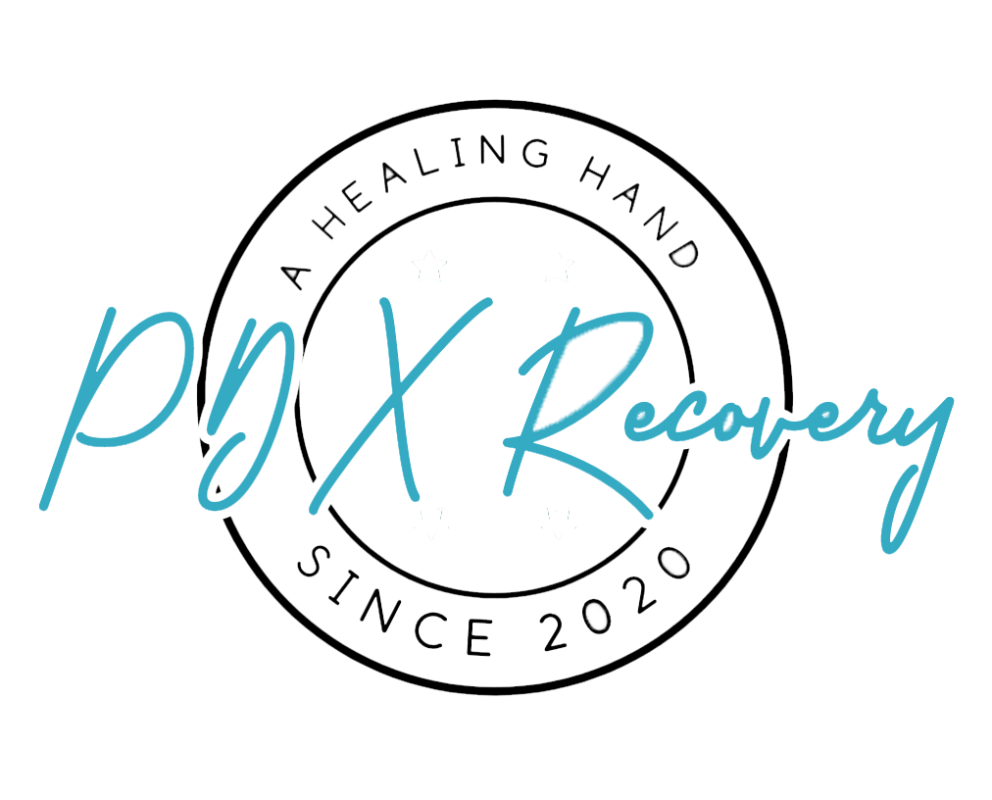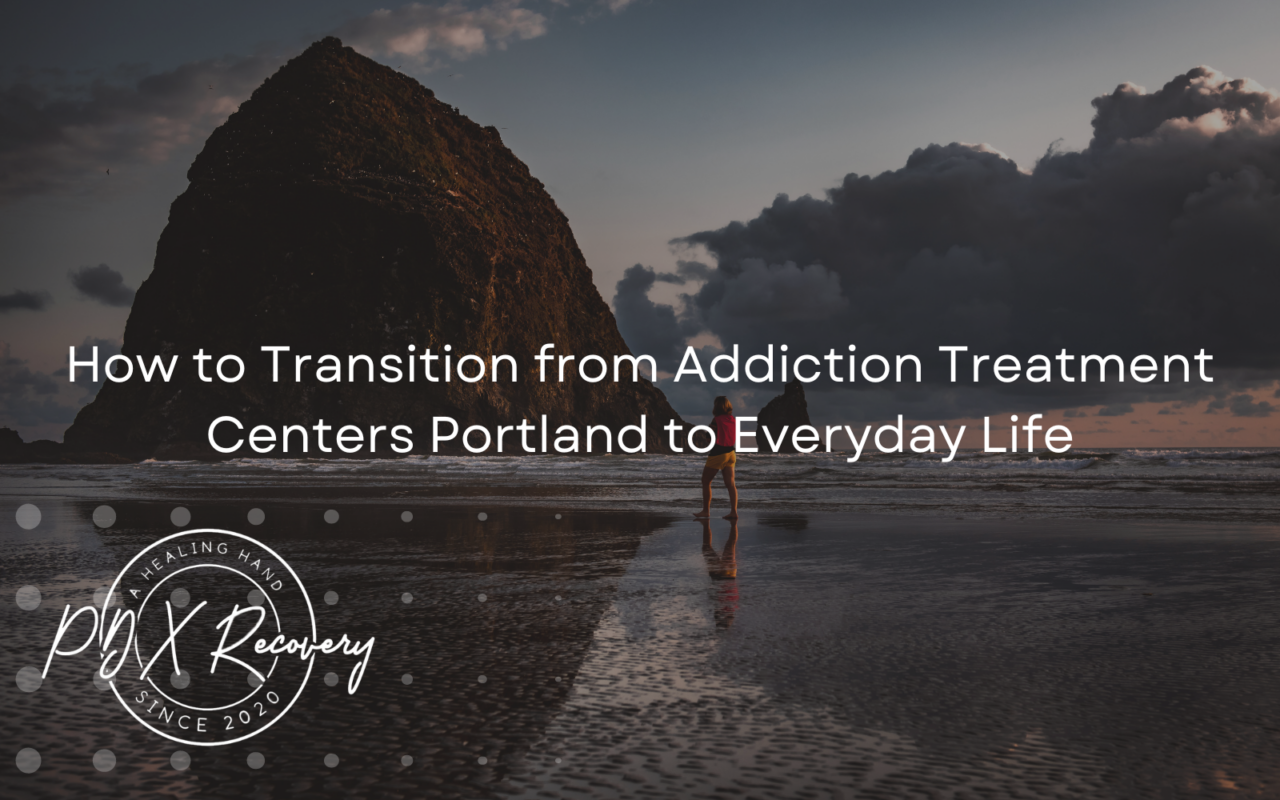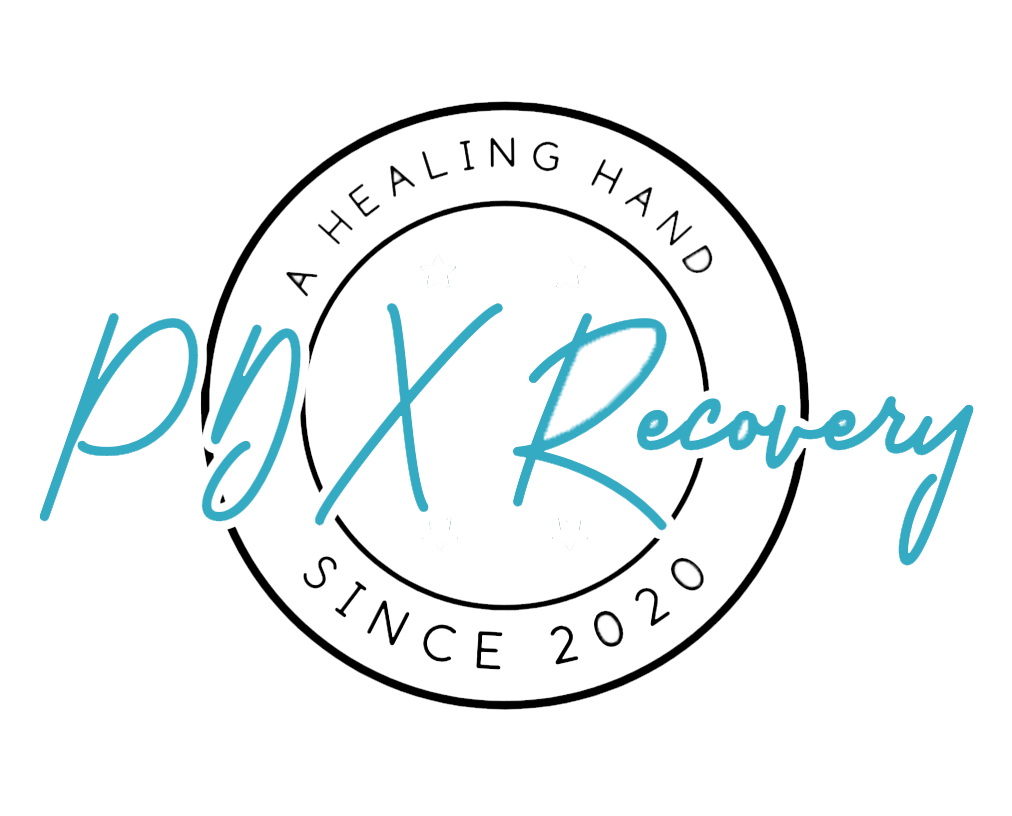Transitioning from addiction treatment centers in Portland to everyday life is a significant step in the recovery journey. It marks a shift from a structured, supportive environment to the relative unpredictability of daily life. While this transition can be daunting, it’s also an exciting opportunity to apply the tools and skills you’ve acquired during treatment at addiction treatment centers in Portland. In this blog, we’ll explore practical strategies to help you navigate this critical phase, ensuring you stay on the path to long-term recovery.
Embrace the New Normal
One of the first challenges you’ll face is adjusting to the “new normal” after leaving addiction treatment centers in Portland. Life after treatment will be different from what it was before. It’s essential to recognize and embrace these changes rather than resist them.
Establish a Routine
Creating a daily routine can provide structure and stability, which are crucial for maintaining your well-being after leaving addiction treatment centers in Portland. A well-thought-out routine helps you stay focused and balanced. Here are some key activities to include:
- Morning meditation or exercise: Start your day with a positive mindset through meditation or physical activity. This can boost your mood and energy levels, helping you to tackle the day ahead.
- Healthy meals: Plan and prepare nutritious meals throughout the week. A balanced diet can improve your physical health and mental clarity.
- Scheduled meetings: Attend support groups or therapy sessions regularly. Consistent participation can provide you with the accountability and encouragement you need to stay on track.
- Downtime: Allow time for relaxation and hobbies. Engaging in activities you enjoy can reduce stress and enhance your overall quality of life.
Stay Connected with Support Systems
Support doesn’t end when you leave addiction treatment centers in Portland. Staying connected with the people who understand your journey is crucial for long-term success. Here are some ways to maintain those connections:
- Support Groups: Join local or online groups to meet others who are on a similar path. For example, Portland has a vibrant recovery community, so take advantage of it by participating in meetings and events.
- Sponsorship: Maintain contact with your sponsor if you have one. Their guidance can be invaluable, especially during challenging times. Regular check-ins can provide you with the insights and accountability you need.
- Family and Friends: Lean on trusted loved ones who support your sobriety. Open communication with family and friends can create a strong emotional support network, helping you feel understood and less isolated.
By establishing a solid routine and staying connected with your support systems, you can build a foundation that fosters long-term wellness and recovery after leaving addiction treatment centers in Portland. Both structure and community play vital roles in helping you lead a balanced and fulfilling life.
Practical Tips for Daily Life
Navigating everyday life post-treatment from addiction treatment centers in Portland involves practical steps to avoid relapse and maintain your progress. Successfully managing your recovery journey requires vigilance, support, and a proactive approach to potential challenges.
Avoid Triggers
Identify and avoid situations or environments that may trigger cravings or old behaviors. This might mean taking specific actions to steer clear of potential pitfalls:
- Changing Social Circles: Avoid people who are not supportive of your recovery. Surround yourself with individuals who encourage a healthy, sober lifestyle and who understand the importance of your path.
- Steering Clear of Certain Places: Avoid bars, clubs, or any location tied to your past substance use. Instead, find new venues and activities that promote a positive and substance-free environment.
- Managing Stress: Develop healthy ways to cope with stress, such as exercise, hobbies, or talking to a friend. Practice mindfulness, meditation, or yoga to help maintain mental and emotional balance.
Continue Therapy
Ongoing therapy can help you address underlying issues and stay focused on your recovery goals. Consistent therapeutic engagement provides a foundation for long-term success:
- Individual Therapy: One-on-one sessions with a therapist offer personalized support and tailored strategies to handle life’s challenges.
- Group Therapy: Sharing experiences and strategies with others in recovery can provide a sense of community and shared support, reducing feelings of isolation.
- Family Therapy: Strengthening relationships with family members and addressing any familial issues can create a more supportive and understanding home environment, which is crucial for sustained recovery.
By combining these strategies, you can create a robust framework for navigating life post-treatment, ensuring that you remain on a positive and healthy path after leaving addiction treatment centers in Portland.
Personal Growth and Development
Recovery is not just about avoiding substances; it’s about building a fulfilling and meaningful life. Focus on personal growth, setting new goals, and finding a renewed sense of purpose.
Set Achievable Goals
Start with small, realistic goals and gradually work your way up. This can be anything from getting a job, going back to school, or taking up a new hobby. By setting and accomplishing these goals, you can build confidence and a sense of accomplishment. As you achieve these smaller targets, you’ll gain the momentum and motivation to tackle larger challenges.
- Short-Term Goals: These are daily or weekly tasks that are easily achievable. For instance, you might focus on organizing a room, completing a small project, or attending a support group meeting. These short-term goals provide immediate satisfaction and help establish a routine.
- Long-Term Goals: These involve bigger aspirations that require more time and effort. Examples include earning a degree, advancing in your career, or establishing a stable living situation. Long-term goals help you envision and work towards a brighter future, encouraging perseverance and long-term planning.
By breaking down your objectives into manageable steps, you can create a roadmap for success and steadily work towards a fulfilling and balanced life after addiction treatment centers in Portland.
Pursue Interests and Hobbies
Finding new interests can be a great way to fill your time and build a new identity. Engaging in activities that you are passionate about can provide joy and satisfaction.
- Art and Music: Creative outlets can be therapeutic and offer a way to express emotions and thoughts. Consider painting, playing an instrument, or writing.
- Sports and Fitness: Physical activity can improve your mental and physical health. Join a local sports team, start a workout routine, or take up activities like hiking or yoga.
- Volunteering: Giving back to the community can provide a sense of purpose and connection. Look for opportunities to help out at local shelters, food banks, or community events.
By incorporating these elements into your recovery journey, you can create a balanced and fulfilling life that supports your long-term well-being. Remember, the path to recovery is unique for everyone, and it is important to find what works best for you.
Building a Supportive Environment
Your environment plays a significant role in your recovery. Make sure it’s conducive to your new lifestyle by creating spaces that support your well-being and growth after addiction treatment centers in Portland.
Create a Safe Living Space
Ensure your home is free of substances and any paraphernalia that may remind you of your addiction. This includes any items that trigger negative memories or feelings. Surround yourself with positive reminders of your journey and achievements, such as photos, inspirational quotes, and tokens of your progress. Consider adding elements that promote relaxation and comfort, like plants, soothing colors, or calming music.
Foster Healthy Relationships
Build and maintain relationships that support your recovery. Seek out friends, family members, and support groups who understand and encourage your path to wellness. Engage in activities that foster connection and mutual support, such as group therapy, recreational clubs, or community service. Distance yourself from toxic relationships that may hinder your progress, and don’t be afraid to set boundaries to protect your mental and emotional health. Remember, nurturing positive relationships can provide the strength and encouragement you need to stay on track.
Coping with Setbacks
Recovery is a journey with ups and downs. It’s essential to have strategies in place to cope with setbacks, as these can help you maintain your progress and continue moving forward despite challenges.
Have a Relapse Prevention Plan
A relapse prevention plan can help you stay on track even when faced with difficulties. This plan should be tailored to your specific needs and might include several key components:
- Emergency Contacts: Create a list of supportive people you trust and can call if you feel tempted or overwhelmed. These might include friends, family members, or support group members who understand your journey.
- Distraction Techniques: Identify activities or exercises that can help distract you from cravings and negative thoughts. These might include hobbies, physical activities, or mindfulness practices such as meditation or deep-breathing exercises.
- Reflection and Learning: If a slip occurs, rather than viewing it as a failure, use it as an opportunity to reflect and learn. Consider what triggered the relapse and how you can address or avoid similar situations in the future. This reflective practice can empower you and strengthen your resolve.
Practice Self-Compassion
Being kind to yourself is crucial during the recovery process. Understand that recovery is a gradual process, and setbacks are a natural part of this journey. Instead of focusing on perfection, embrace your progress and celebrate small victories along the way. Self-compassion involves:
- Forgiveness: Letting go of any guilt or shame associated with setbacks and understanding that making mistakes is part of being human.
- Positive Self-Talk: Replace negative self-criticism with encouraging and affirming words.
- Self-Care: Engage in activities that nurture your well-being, such as spending time in nature, enjoying a good book, or practicing relaxation techniques.
Remember, recovery is not a linear path. With a strong relapse prevention plan and a practice of self-compassion, you can navigate the ups and downs more effectively and continue making strides toward a healthier, happier life after addiction treatment centers in Portland.

Utilize Portland’s Resources
Portland offers numerous resources for individuals in recovery. Take advantage of these to support your transition and enhance your journey towards a healthier life.
Local Support Groups and Meetings
Organizations like Alcoholics Anonymous (AA), Narcotics Anonymous (NA), and SMART Recovery have regular meetings in Portland. These groups provide a supportive community, practical advice, and a safe space to share experiences and struggles. Whether you’re just starting your recovery journey or have been in recovery for a while, these meetings can offer both accountability and encouragement.
Community Resources
Portland has a wealth of community resources designed to support individuals in recovery in various aspects of their lives. These include:
- Recovery Centers: Places like the PDX Recovery offer a safe and welcoming space for individuals in recovery. They host events, provide peer support, and create a sense of community that can be invaluable during the recovery process.
- Counseling Services: Local therapists and counselors specializing in addiction and recovery are available to provide individual sessions, group therapy, and family counseling. These services can help address the underlying issues related to addiction and provide strategies for maintaining long-term sobriety.
- Job Placement Programs: Finding employment can be a crucial step in the recovery process. Portland has several job placement programs specifically designed to help individuals in recovery build their resumes, develop interview skills, and find meaningful employment. These programs not only provide financial stability but also a sense of purpose and routine.
By utilizing these resources, individuals in recovery can build a strong foundation for their future, supported by a community dedicated to their success.
Long-Term Recovery Strategies
Sustaining long-term recovery requires ongoing effort and adaptation. Here are some strategies to help you maintain your sobriety in the long run.
Regular Self-Assessment
Regularly assess your progress and adjust your strategies as needed. This can help you stay proactive and address issues before they escalate.
Celebrate Milestones Recognize and celebrate your achievements, no matter how small. This can boost your motivation and remind you of how far you’ve come.
- Sobriety Anniversaries: Mark important dates in your recovery.
- Personal Achievements: Celebrate new jobs, hobbies, or relationships.
Stay Informed and Educated
Continuously educate yourself about addiction and recovery. Understanding the science and psychology behind addiction can empower you to make informed decisions.
Achieving Long-Term Recovery
Transitioning from addiction treatment centers in Portland to everyday life is a significant step in your recovery journey. By establishing a routine, staying connected with support systems, and focusing on personal growth, you can successfully navigate this transition. Remember, recovery is a lifelong journey that requires ongoing effort and support. Embrace the new normal, utilize Portland’s resources, and celebrate your progress along the way. Stay proactive, stay connected, and most importantly, stay committed to your recovery. Your new life awaits, filled with endless possibilities and opportunities for growth. For more information visit our website https://pdx-recovery.com/ or call us at (971) 256-9087.






